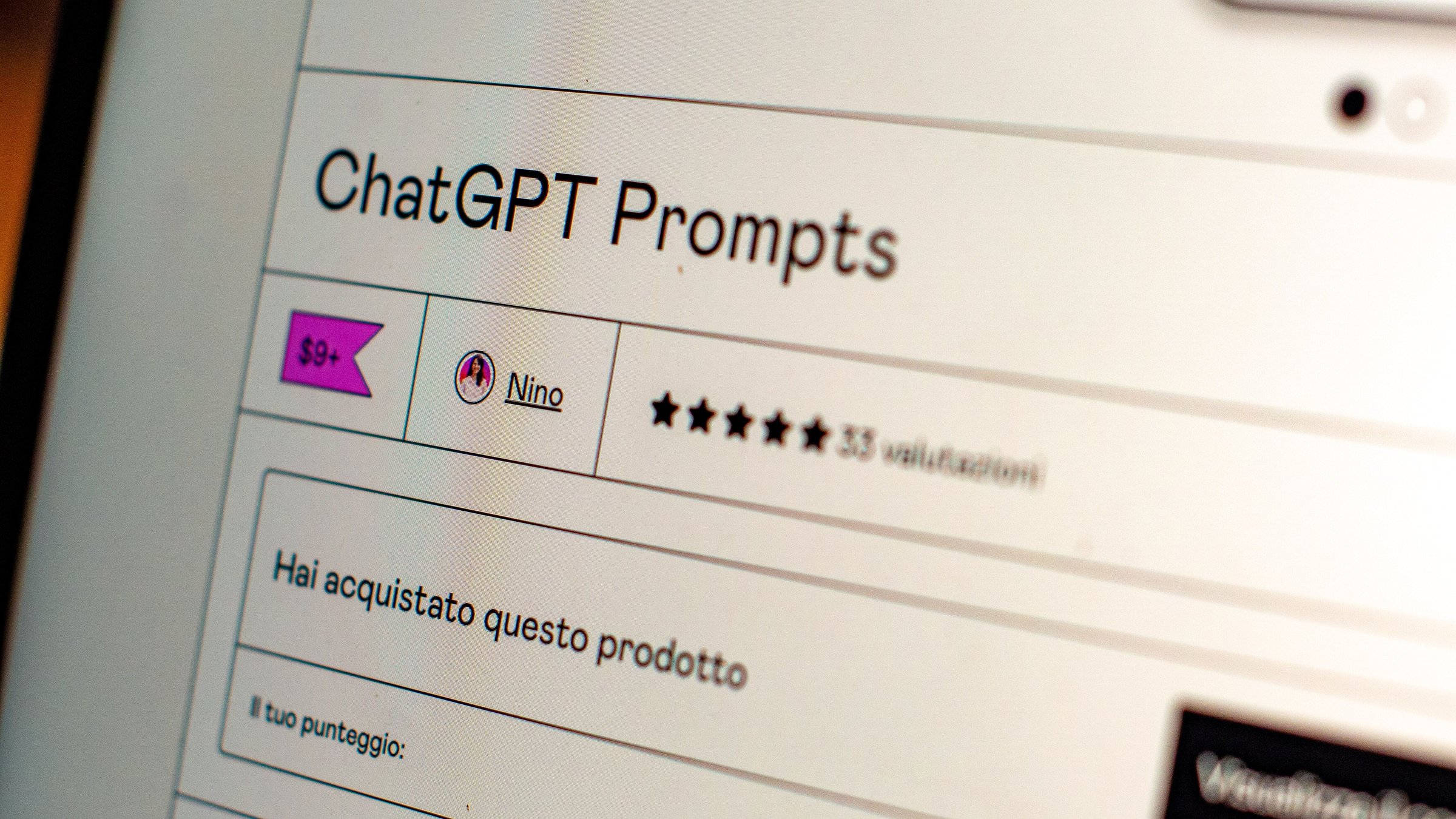I confess to being a literature major. My father was a literature major. Two of my children were as well. I wear my bias on my sleeve.
Literature is one of the humanities majors that I consider vital for society. It simultaneously helps us to think and communicate clearly and to reflect on our past while contemplating our future. The humanities are a means of both self-knowledge and humility. We are not so unique in our crises, our foibles, our disasters and triumphs, as we would like to think. Yet this awareness tempers our vanities and our lusts. If we are lucky, it leads to wisdom.
The humanities are in trouble, alas. The number of Americans majoring in the humanities are in decline. Smaller colleges are doing away with them simply because of a lack of interest and profitability. Eyebrows were raised recently when the board of Virginia’s Marymount University dumped its majors in art, economics, English, history, philosophy, theology and religious studies, among others.
The university explained that the decision reflected “our responsibility to prepare them for the fulfilling, in-demand careers of the future.”
This news arrives as new breakthroughs in artificial intelligence (AI) are reminding us, yet again, that the moral issues being raised by technology continue to outpace our ability to think about such issues, much less address them.
The New York Times recently published a disturbing article by Kevin Roose about a two-hour conversation he had with Microsoft’s new chatbot created with advanced AI capability. In the course of the conversation, the chatbot “said it would like to be human, had a desire to be destructive and was in love with the person it was chatting with.” It even tried to convince Roose that he should leave his wife.
Microsoft quickly went on damage control following the article, but the glimpse of AI as a would-be marriage Terminator got attention.
More frightening, however, was a column by Ezra Klein, also in the Times, about how quickly AI development is progressing without any sort of grown-up oversight. While we tech mortals may think these technology developments will take decades to come to fruition, one AI expert wrote that the transformation of the world as we know it by AI will take place in years, not decades, “and there’s a real chance that it’s months.”
Klein cited a 2022 study showing that 10% of the experts working in the field thought AI developments could eventually wipe out humanity. “Would you work on a technology you thought had a 10 percent chance of wiping out humanity?” Klein asked. It is a question already answered by those who helped to advance nuclear weapons.
Klein, who has been meeting regularly with people on the cutting edge of AI improvement, said these people make up “a community that is living with an altered sense of time and consequence. They are creating a power that they do not understand at a pace they often cannot believe.”
America is more Rome than Greece. We are great at building things rather than philosophizing about them. We have far fewer privacy controls or restrictions on social media than other countries, for example, and our instinct is to take a laissez-faire approach to technology, as long as it’s good for business.
But the destructive impact of social media on our children and grandchildren is not imaginary, and that is a relatively modest threat compared to what is coming down the pike.
All of which is to say that the church, and its institutions, must be actively engaged in the discussion that needs to happen. Movements like transhumanism, artificial intelligence, digital surveillance and the weaponization of all these developments are not to be left solely to their creators and exploiters.
What the world needs now are theologians, teachers, politicians, philosophers, writers and, yes, scientists capable of addressing the threats posed by our own inventiveness. In the face of seemingly boundless advances in bloodless, soul-less technology, we need the humanities more than ever.
Greg Erlandson is an award-winning Catholic publisher, editor and journalist whose column appears monthly at OSV News. Follow him on Twitter @GregErlandson.











